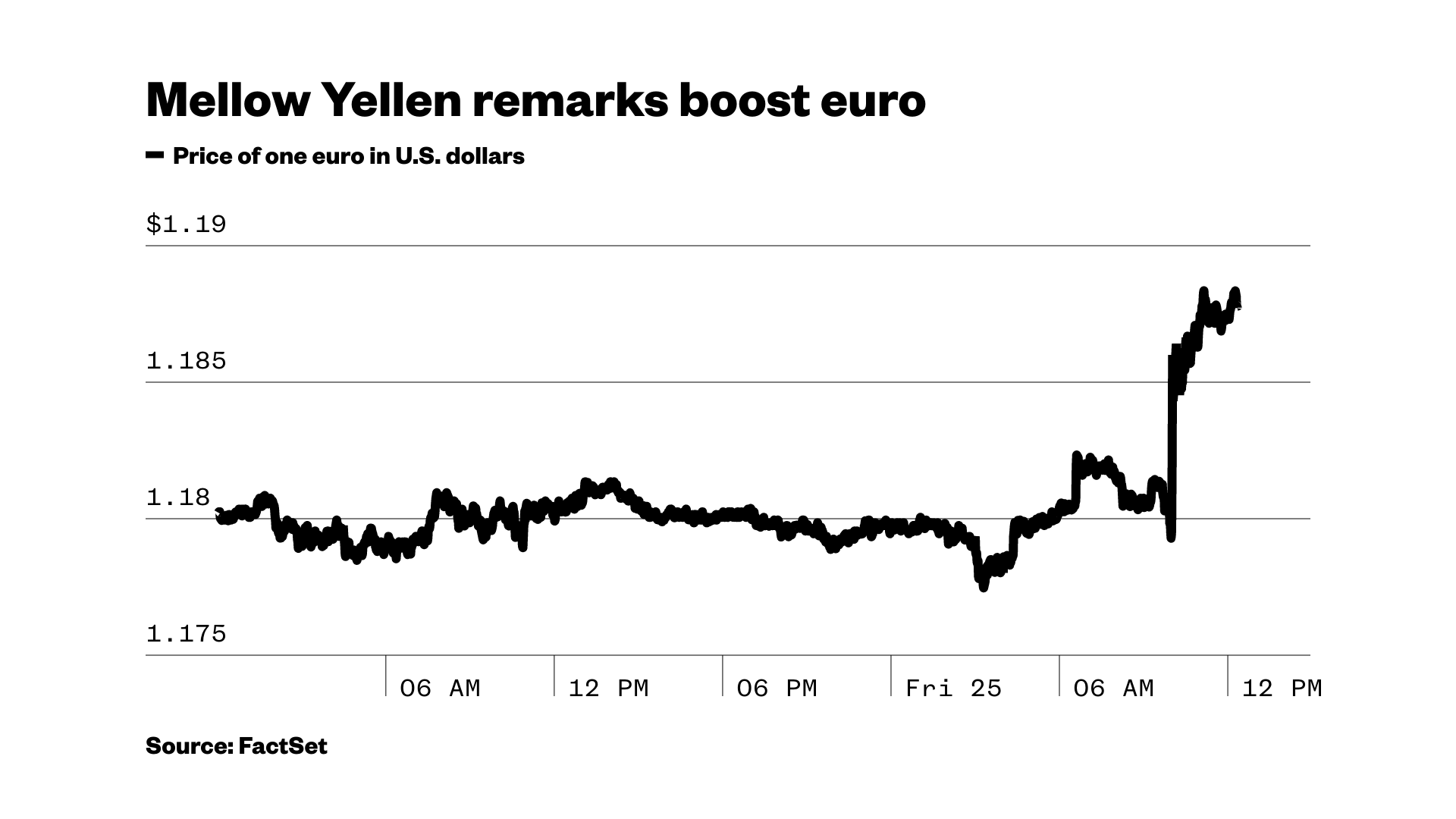Not so fast.That was the message Friday from Federal Reserve Chair Janet Yellen, who warned about rolling back post-financial crisis banking reforms. Her remarks, delivered at a conference for central bankers and other business bigwigs in Jackson Hole, Wyo., flew in the face of the Trump White House’s stated intention to restore a more freewheeling approach to Wall Street oversight.“A decade has passed since the beginnings of a global financial crisis that resulted in the most severe financial panic and largest contraction in economic activity in the United States since the Great Depression,” Yellen said. “Already, for some, memories of this experience may be fading–memories of just how costly the financial crisis was and of why certain steps were taken in response.”She later added: “The evidence shows that reforms since the crisis have made the financial system substantially safer.”As is often the case with Fed chairs, what Yellen did not say Friday was also significant. She uttered not a word about inflation — an omission that eased swirling speculation that the Fed is on the verge of raising its key interest-rate target. (The Fed raises interest rates if it is worried about high inflation, and lowers them if it is worried about high unemployment.)Such a move would effectively raise borrowing costs for everything from mortgages to credit cards, in an attempt to cool the economy somewhat to prevent a general rise in prices of goods and services.Yellen’s remarks weighed on the U.S. dollar in currency markets. All else equal, higher interest rates make it more attractive to own the currency of the central bank doing the raising. So if the Fed sounds less interested in raising rates, that puts downward pressure on the dollar. As a result, other currencies gained against the greenback. In Friday afternoon trading, the euro was up 0.7 percent against the dollar, which is a pretty big move in the currency markets. Other key details:– The timing of Friday’s remarks was sensitive for Yellen personally. Her four-year term as Fed chair is up in February, subject to renomination by President Trump, whom she just flat-out contradicted on deregulation.– The euro also drew support Friday from new government data showing that Germany’s economy, which is the largest in the eurozone, grew 0.6 percent in the second quarter. Strong personal spending led the gains.– The world’s major economies are enjoying a rare stretch of synchronized growth for now. For the first time since 2007, all 45 countries tracked by the Organization for Economic Cooperation, which account for the lion’s share of the global economy, are on track to grow this year, the Wall Street Journal reported this week.
Other key details:– The timing of Friday’s remarks was sensitive for Yellen personally. Her four-year term as Fed chair is up in February, subject to renomination by President Trump, whom she just flat-out contradicted on deregulation.– The euro also drew support Friday from new government data showing that Germany’s economy, which is the largest in the eurozone, grew 0.6 percent in the second quarter. Strong personal spending led the gains.– The world’s major economies are enjoying a rare stretch of synchronized growth for now. For the first time since 2007, all 45 countries tracked by the Organization for Economic Cooperation, which account for the lion’s share of the global economy, are on track to grow this year, the Wall Street Journal reported this week.
Advertisement
